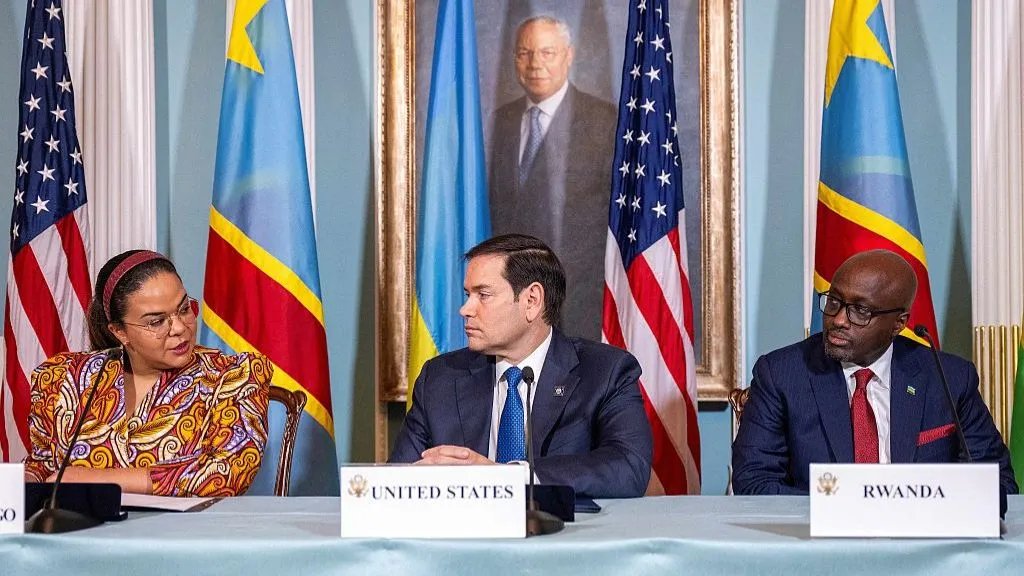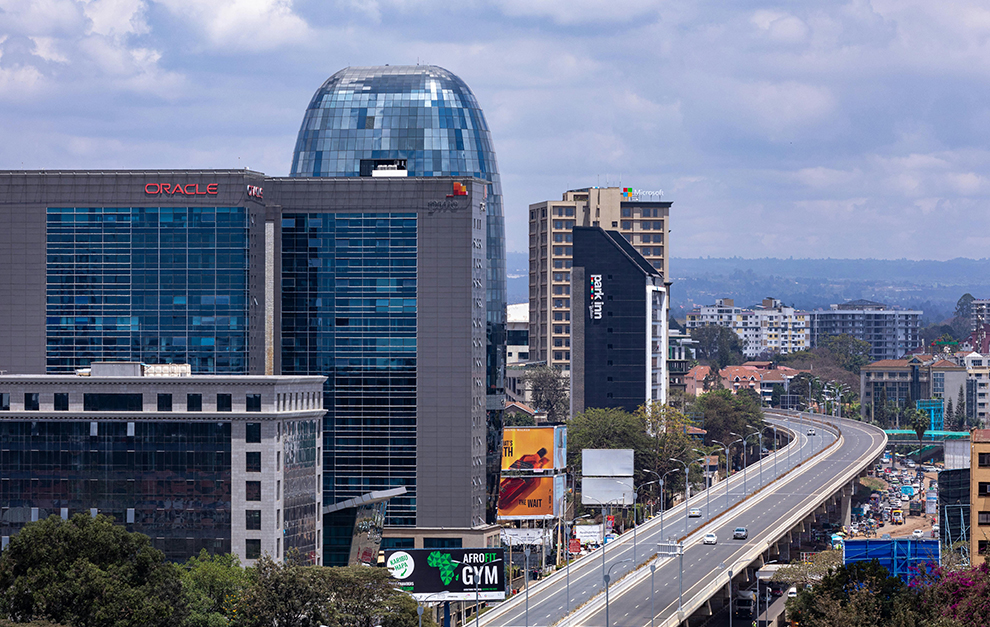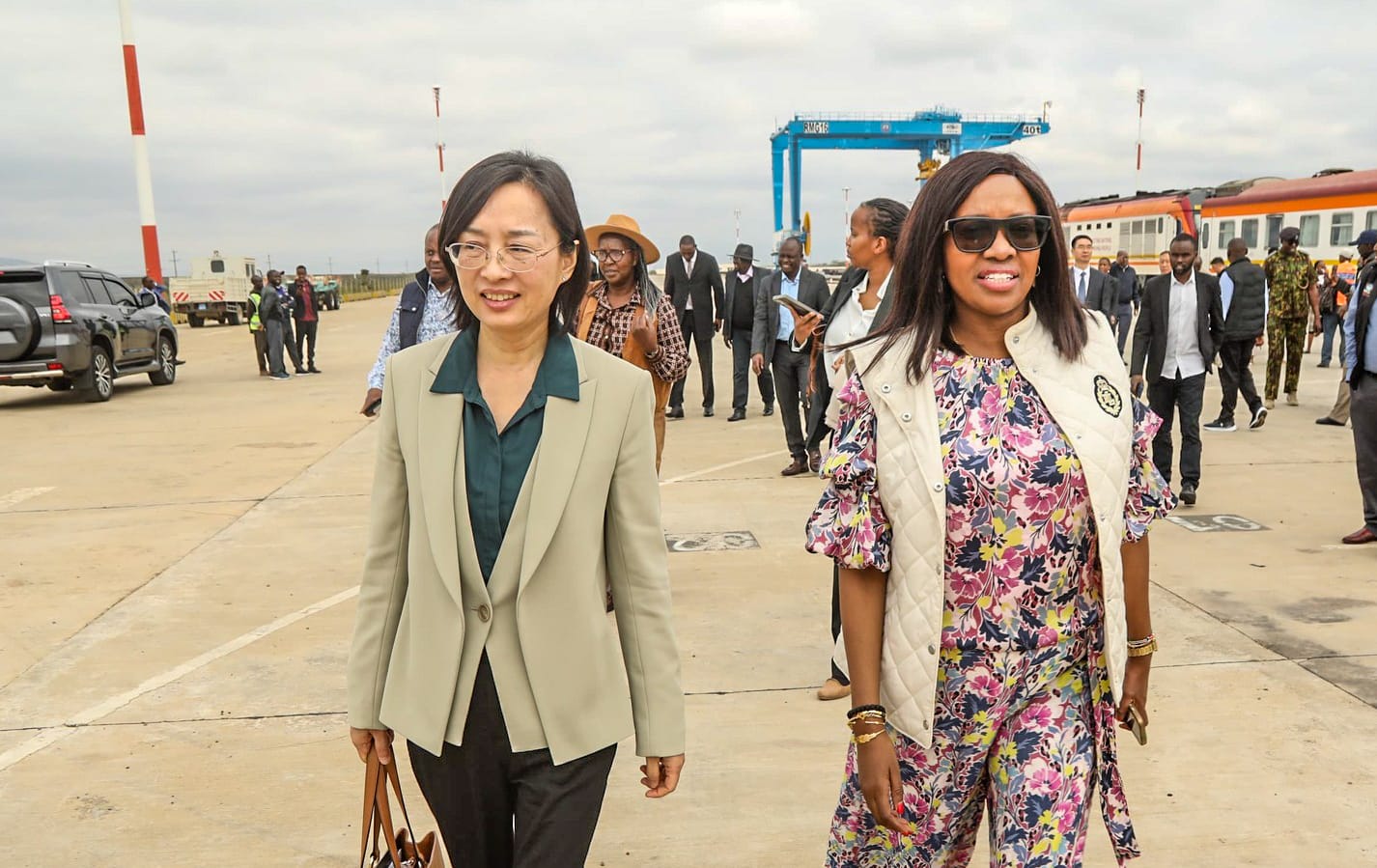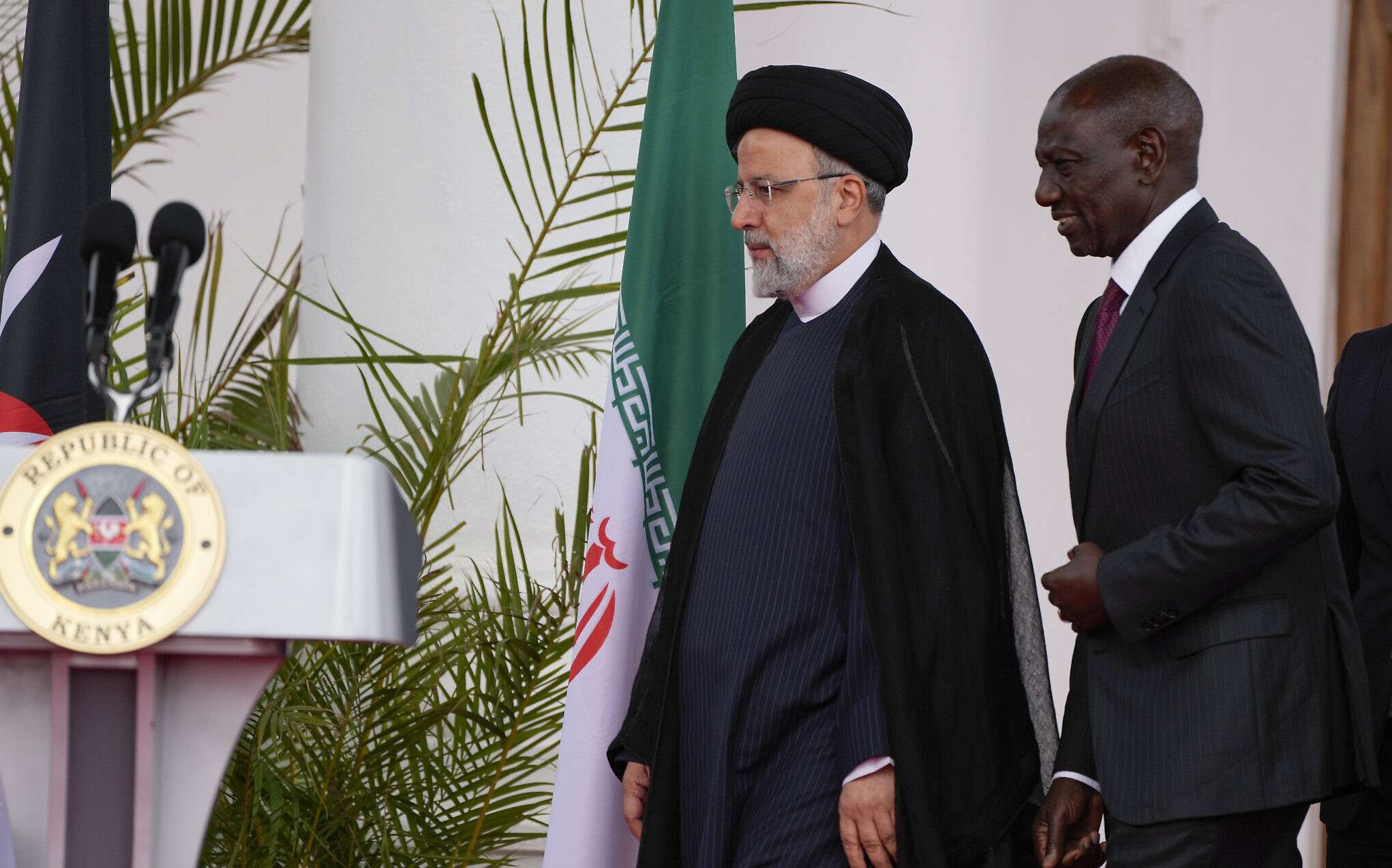A U.S.-brokered peace accord between Congo and Rwanda promises to reshape mineral supply chains and foster regional stability, but entrenched anti-Tutsi sentiment, militia violence, and government complicity threaten to derail fragile progress towards lasting peace in the Great Lakes region
To unlock the full article:
Choose one of the options below:
- Ksh 10 – This article only
- Ksh 300 – Monthly subscription
- Ksh 2340 – Yearly subscription (10% off)
OPINION
By The Weekly Vision Team
As tensions rise in the eastern Democratic Republic of Congo (DRC), recent reports surrounding a draft deal between Congo and Rwanda outline a critical partnership involving the United States and other third parties to revamp the mineral supply chains of both nations.
This agreement, stemming from a peace deal brokered in Washington, aims to spur investment and foster stability in a region plagued by violence and ethnic strife. However, for this peace deal to succeed, it is imperative that the underlying issues, particularly the pervasive anti-Tutsi sentiment, are addressed with urgency and sincerity.
The 17-page framework accompanying the peace agreement signed in June marks a significant step in diplomatic efforts to stabilise the region. Central to the agreement is collaboration between the DRC and Rwanda. Yet, the success of this initiative is inextricably tied to the peace talks in Doha between the Congolese administration and various armed groups, most notably the M23 rebel movement. While Washington’s efforts show some promise, the ongoing challenges in the Doha negotiations, coupled with the current crisis, threaten to derail any potential for lasting peace and prosperity.
At the heart of this crisis lies a resurgence of violence against the Tutsi community, particularly in regions such as Uvira, South Kivu. Here, the Wazalendo militia, including the Democratic Forces for the Liberation of Rwanda (FDLR), reportedly backed by the Congolese government, according to the UN, has waged a campaign of terror against Tutsi populations.
The militia’s refusal to accept General Olivier Gasita Mukunda, a Tutsi Congolese army officer appointed by President Tshisekedi as Deputy Commander of the region, and their denial of burial rights to General Patrick Gisole, another Tutsi Congolese general who died in a plane crash, illustrate a deeply entrenched anti-Tutsi ideology that threatens to unravel progress towards peace.
This hostility has escalated alarmingly. The Wazalendo militia has issued ultimatums to Tutsi families, demanding they leave the DRC or face violent reprisals. Reports of harassment, abduction, and violence against the Banyamulenge community, Congolese Tutsis from South Kivu, paint a bleak picture of systemic ethnic cleansing. Furthermore, incidents in Mambasa and Butembo, where the militia has lynched and arrested Maasai traders from East Africa, wrongly accusing them of espionage, serve as stark reminders of the dangers posed by unchecked ethnic hatred.
What is perhaps most troubling is the complicity of the Congolese government under President Félix Tshisekedi. While the government outwardly advocates peace, it simultaneously fosters an environment conducive to ethnic conflict. Tshisekedi’s alleged collaboration with Burundi’s President Évariste Ndayishimiye to prepare for hostilities against the Tutsi community raises serious concerns about regional stability.
The reported use of state resources, such as FARDC drones targeting Tutsi communities in the Minembwe plains, further illustrates the disturbing alignment between government forces and militias committed to perpetuating ethnic divisions.
Regrettably, the international community has responded inadequately. Despite the presence of organisations such as the UN, the plight of the Tutsi community remains largely ignored or sidelined. Inflammatory rhetoric circulating on social media, accompanied by real threats of violence, only exacerbates the situation, underscoring the urgent need for global action. This complacency is dangerous: unchecked ethnic hatred can escalate into widespread atrocities, a grim lesson from Rwanda’s genocide in 1994. History serves as a stark warning: inaction in the face of rising ethnic tensions can lead to horrific outcomes. The world must not allow such a tragedy to unfold again.
The need for global intervention has never been greater. It is crucial that the United States and other international stakeholders take decisive steps to address this crisis. Holding the Tshisekedi administration accountable for its role in the violence is paramount. Protective measures for vulnerable communities, particularly Tutsis in South Kivu and elsewhere, must be implemented immediately. Moreover, initiatives that encourage inter-ethnic dialogue and reconciliation are essential for building a sustainable peace.
The ongoing crisis in Uvira highlights the immediate need to confront and dismantle anti-Tutsi ideology.
This is not merely a local issue; it is a global responsibility that demands urgent attention and action. To achieve lasting peace in the DRC and the wider Great Lakes region, the international community must take a firm stand against ethnic hatred and violence. This is a critical moment in history, one that will determine whether the region can break free from its violent past or spiral further into conflict.
The time to act is now. The future of peace in the DRC and beyond hinges on our collective ability to uproot the seeds of ethnic hatred that have long threatened to consume the region. This is not just a moral imperative, it is essential for ensuring a stable and prosperous future for the people of the DRC and the broader international community. Only through decisive and unified action can we hope to end the cycle of violence and pave the way for a just and lasting peace in eastern Congo.
[/full]




